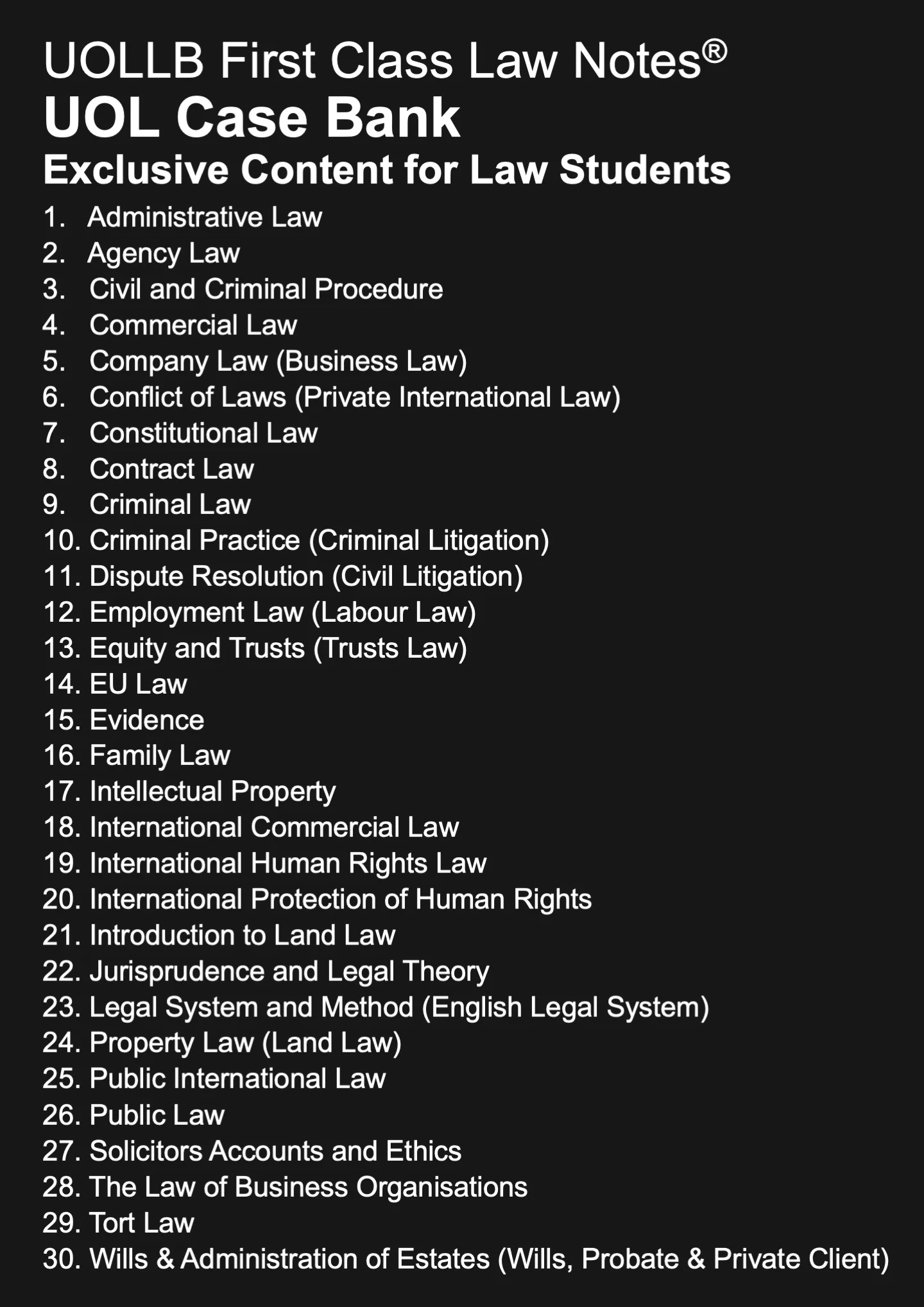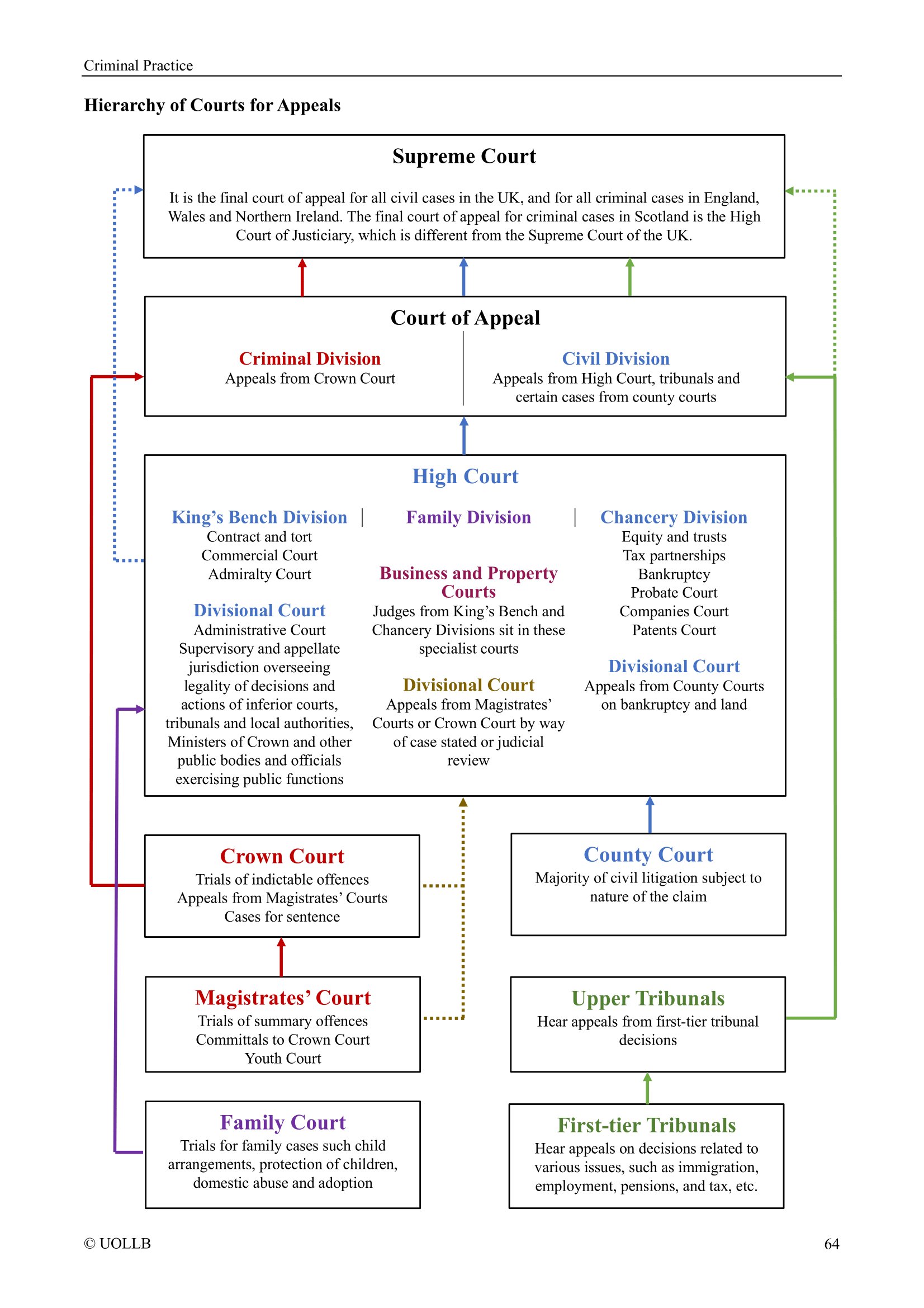Exclusion of Certain Artistic Works from Copyright Protection
Share
Copyright laws typically provide protection for a wide range of creative works, including literary, artistic, musical, and dramatic works. However, there are certain categories of artistic works that may be excluded from copyright protection or have limited protection under copyright law.
Ideas, concepts, and systems: Copyright does not protect ideas, concepts, principles, or systems. Copyright law protects the expression of ideas rather than the ideas themselves. For example, you cannot claim copyright in a general plot idea for a novel, but you can claim copyright in the specific written expression of that plot.
Facts and information: Copyright does not protect facts or information themselves. Copyright protects the original expression or presentation of facts. For example, a compilation of facts arranged in a creative and original manner, such as a database, may be eligible for copyright protection, but the facts themselves are not protected.
Works in the public domain: Works that have entered the public domain are no longer protected by copyright. This includes works whose copyright has expired, works dedicated to the public domain by the author, or works created by the government.
Utilitarian articles: Copyright does not extend to functional or utilitarian articles. For example, the design of a chair or a kitchen utensil may be protected by other forms of intellectual property, such as design patents or industrial design rights, but it may not be eligible for copyright protection.
Short phrases, titles, and slogans: Copyright generally does not protect short phrases, titles, or slogans. These may be protected under other intellectual property rights, such as trademarks, if they meet the requirements for distinctiveness and use in commerce.
While these categories may be excluded from copyright protection, they may still be protected by other forms of intellectual property rights or legal mechanisms. Additionally, copyright law may have specific exceptions and limitations that allow for the use of copyrighted works in certain circumstances, such as fair use or fair dealing provisions.
Ideas, concepts, and systems: Copyright does not protect ideas, concepts, principles, or systems. Copyright law protects the expression of ideas rather than the ideas themselves. For example, you cannot claim copyright in a general plot idea for a novel, but you can claim copyright in the specific written expression of that plot.
Facts and information: Copyright does not protect facts or information themselves. Copyright protects the original expression or presentation of facts. For example, a compilation of facts arranged in a creative and original manner, such as a database, may be eligible for copyright protection, but the facts themselves are not protected.
Works in the public domain: Works that have entered the public domain are no longer protected by copyright. This includes works whose copyright has expired, works dedicated to the public domain by the author, or works created by the government.
Utilitarian articles: Copyright does not extend to functional or utilitarian articles. For example, the design of a chair or a kitchen utensil may be protected by other forms of intellectual property, such as design patents or industrial design rights, but it may not be eligible for copyright protection.
Short phrases, titles, and slogans: Copyright generally does not protect short phrases, titles, or slogans. These may be protected under other intellectual property rights, such as trademarks, if they meet the requirements for distinctiveness and use in commerce.
While these categories may be excluded from copyright protection, they may still be protected by other forms of intellectual property rights or legal mechanisms. Additionally, copyright law may have specific exceptions and limitations that allow for the use of copyrighted works in certain circumstances, such as fair use or fair dealing provisions.























































